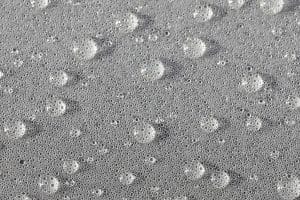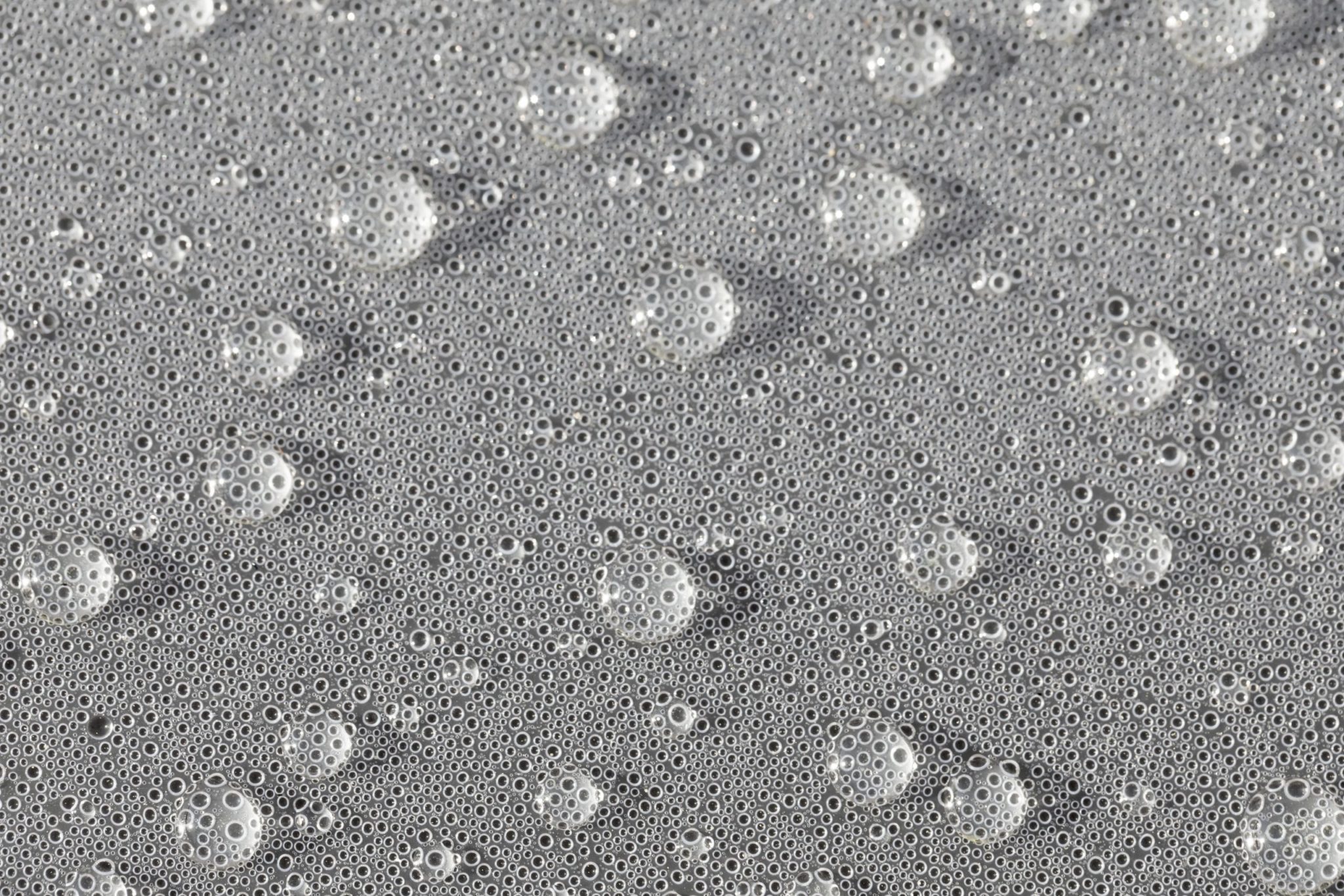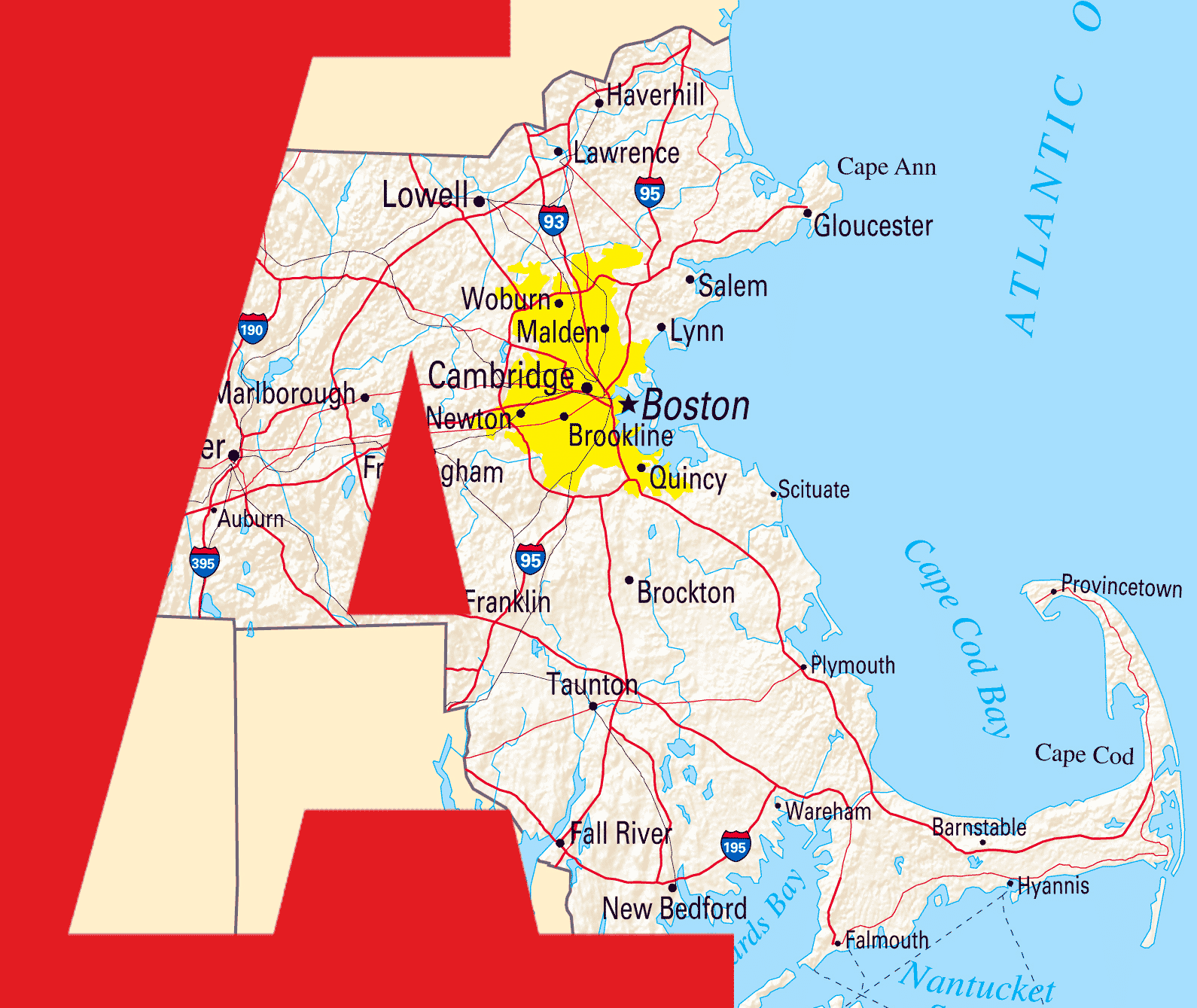One of the inevitable features of older concrete buildings is that, sooner or later, they’ll need sealing. However, several areas require consideration before moving forward. Choosing the best sealer to use, knowing how to apply it, and understanding suitable applications, for example. Here, our experts from Abbot Building Restoration answer some of the most frequently asked questions regarding concrete sealing in MA.

What surfaces should be sealed?
Exterior concrete surfaces in colder climates are subject to freeze-thaw cycles. Thus, these surfaces make the perfect subject for sealing. Also, concrete may be sealed for specific purposes such as stain repellency, dust reduction, abrasion resistance, chemical resistance, or to maintain an attractive appearance.
What happens if concrete is not sealed?
Concrete is a porous material that readily absorbs liquids. In freeze-thaw climates, the expansion of frozen liquids often destroys the surface of unsealed concrete. Further, oil, salt, fertilizer, and other chemicals discolor and damage unsealed concrete.
How will the sealed surface look?
Depending on the type, most chemically reactive sealers are nearly invisible. However, solvent-based acrylic resin sealers and epoxies provide significant color enhancement while giving the concrete a high-gloss appearance. Water-based acrylic resin sealers provide moderate color enhancement with a satin finish, whereas urethanes come in a wide range of finishes from matte to gloss.
If you seek other aesthetics, professionals can also color many sealers with translucent or opaque tints.
How is sealer applied?
Many sealers are applied using basic tools, such as paint rollers or pump-up sprayers. These include acrylic-resin sealers, reactive penetrating sealers, 50%-solids epoxies, and 50%-solids urethanes. However, high-performance sealers such as 100%-solids epoxies, polyaspartic urethanes, and polyurea require professional installation.
What will the sealer repel?
Again, that depends on the product you use. To repel water and deicing salts, use an acrylic-resin or reactive penetrating sealer. If you also want to repel oil stains, using a siliconate is a good bet. However, be aware that petroleum distillates may weaken acrylic-resin sealers. Acidic chemicals that chemically etch concrete generally weaken reactive penetrating sealers. For resistance to these substances, use a high-performance epoxy or urethane system.
How long does the sealer last?
Because they penetrate the concrete, reactive chemical sealers last the longest. Generally only wearing away if the surface itself wears away, which may be ten years or longer. You can get similar performance by using an epoxy or urethane system, which generally lasts 5 to 10 years, depending on exposure. Acrylic-resin sealers offer the shortest performance life — typically 1 to 3 years.
Is sealer environmentally friendly?
Concrete is typically locally made and can last for many decades with proper care. As sealers extend the useful life of concrete, they are an essential component of a green building. As for the sealer itself, water-based products are considered the most environmentally friendly. Some solvent-based sealers cannot be sold in certain states, but new environmentally friendly solvents are now available.
For more information on concrete sealing or repair services, contact the team at Abbot Building Restoration (617) 445-0274.


